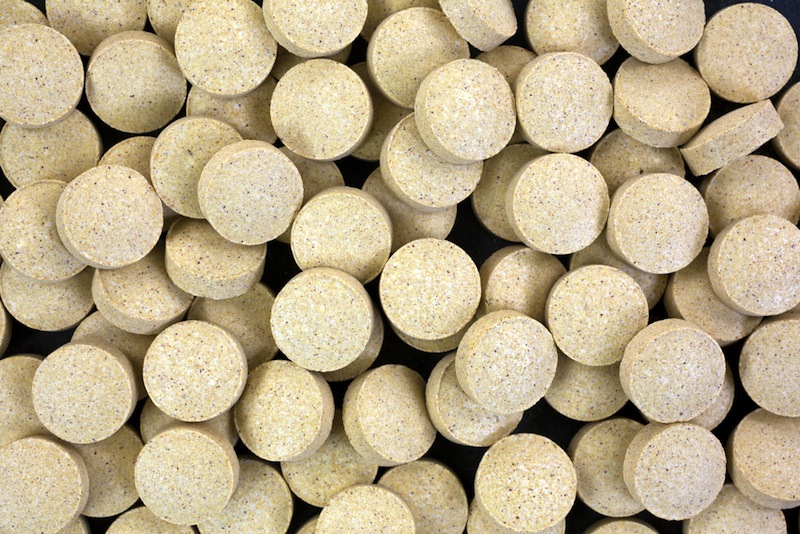Selenium, Vitamin E Supplements May Double Prostate Cancer Risk

Men who take selenium and vitamin E supplements may increase their risk of prostate cancer, researchers have found.
The new study examined about 1,700 men with prostate cancer and 3,100 healthy men. These men had previously participated in a large trial in 2001, in which they had been randomly assigned to take either high doses of vitamin E and selenium supplements, or a placebo. Researchers had measured the amount of selenium in the men's toenails before they started taking the supplements.
Now, the results showed that selenium supplements did not benefit men who had lower levels of the element at the start of the study, and nearly doubled the risk of prostate cancer in those who had higher levels of selenium (but still within ranges common among U.S. men).
In addition, vitamin E more than doubled the risk of the most aggressive type of prostate cancer, but only among men with low selenium levels at the beginning of the study. [5 Things You Should Know About Prostate Cancer]
"Men should avoid selenium or vitamin E supplementation at doses that exceed recommended dietary intakes," Dr. Eric Klein, chairman of the Glickman Urological and Kidney Institute at the Cleveland Clinic, and his colleagues wrote in their study, published today (Feb. 21) in the Journal of the National Cancer Institute.
The study is, in fact, a second look at a previous large, randomized trial, which aimed to investigate whether high doses of selenium and vitamin E supplements could lower a man's risk for prostate cancer, something that earlier studies had suggested.
However, that trial, which included 35,000 men, ended early with concerns that the treatments may do more harm than good. In fact, more users of vitamin E were getting prostate cancer than men who were on placebo. "Vitamins are not innocuous…they can be harmful," Klein told Live Science at the time in 2011.
Sign up for the Live Science daily newsletter now
Get the world’s most fascinating discoveries delivered straight to your inbox.
The doses used in that trial were 200 micrograms of selenium and 400 international units of vitamin E. These doses are higher than most multivitamins, which contain about 50 micrograms of selenium and 30 to 200 international units of vitamin E.
Previous studies have suggested that the effects of nutrition supplements depend on how well-nourished a population is. Similarly, it is possible that the U.S. population is already getting adequately high levels of selenium through diet, and supplementing them with more selenium results in an unnaturally high amounts of the element, and has either no effect or increases cancer risk, the researchers said.
The findings also point to a complex interaction between selenium and vitamin E, the researchers said. The study showed that vitamin E increased the cancer risk in men who had low levels of selenium.
This was unexpected because both vitamin E and selenium have antioxidant roles and one could reasonably expect the opposite -- that supplemental vitamin E could compensate for an antioxidant deficit resulting from lower selenium, wrote Paul Frankel, a biostatistician at City of Hope Comprehensive Cancer Center, in an accompanying editorial.
It is unlikely that there will be another trial looking at these supplements and their role in preventing prostate cancer, the researchers said. Given the risks and lacking evidence of benefits for other diseases, men older than 55 should avoid supplementation with either vitamin E or selenium at doses that exceed recommended dietary intakes, the researchers said.
Email Bahar Gholipour. Follow us @LiveScience, Facebook & Google+. Original article on Live Science.










